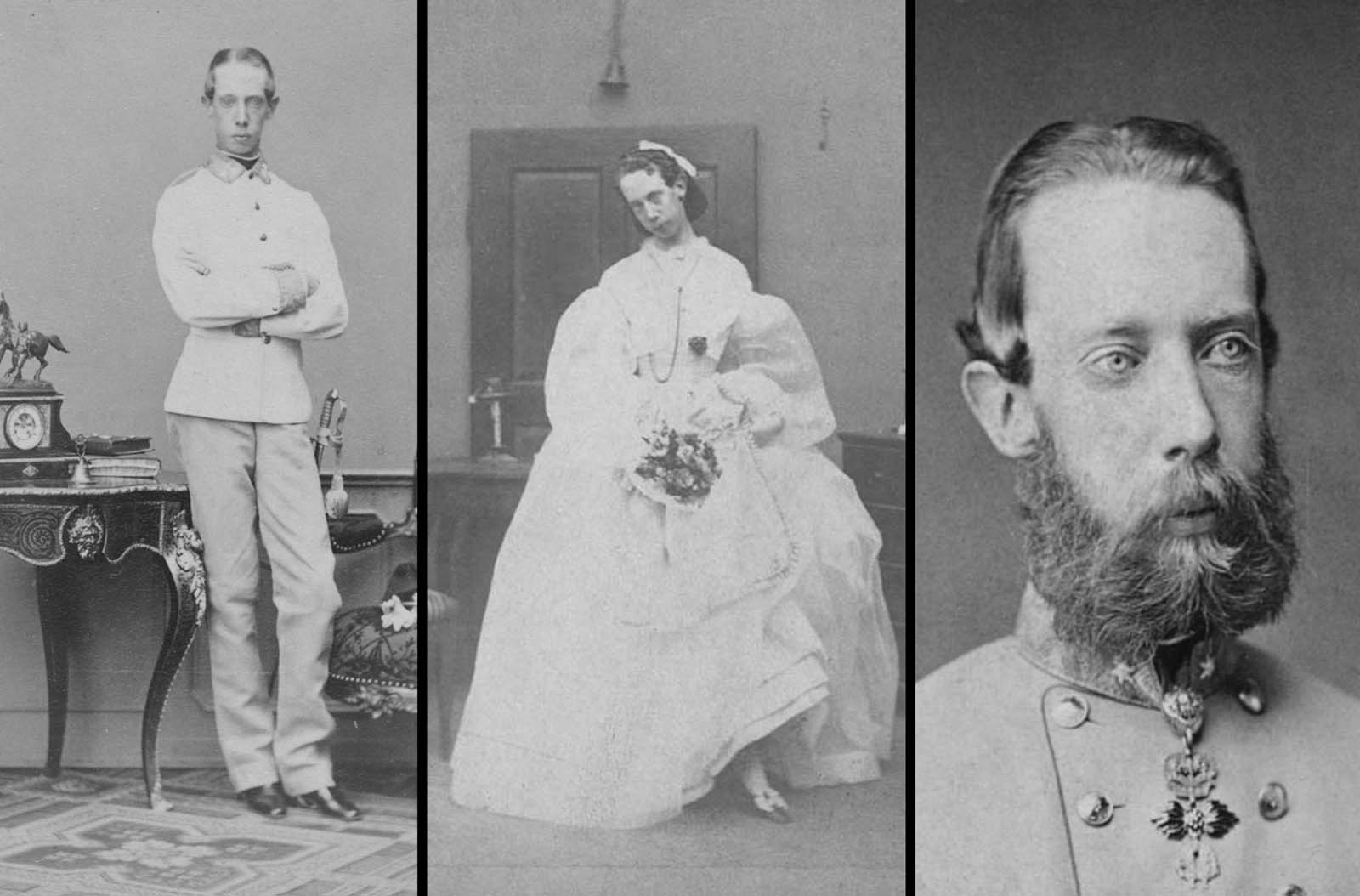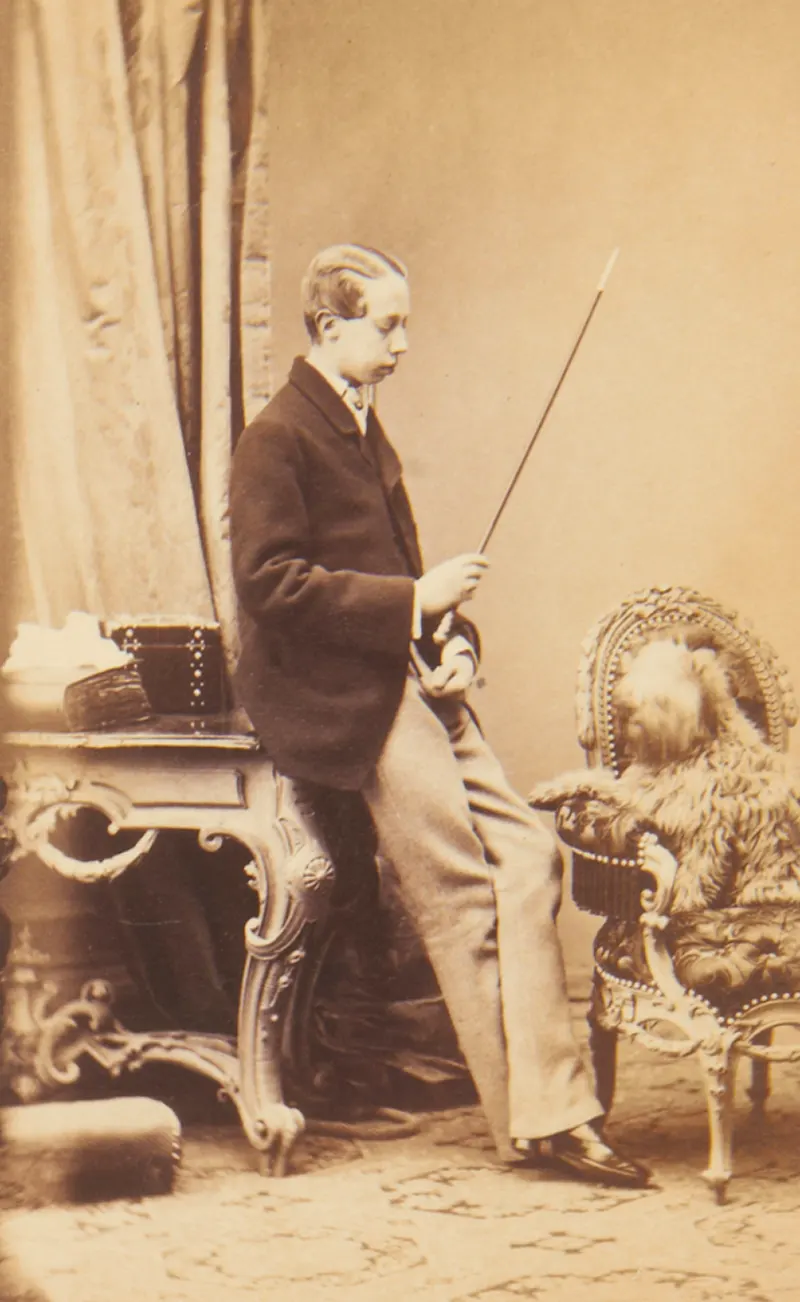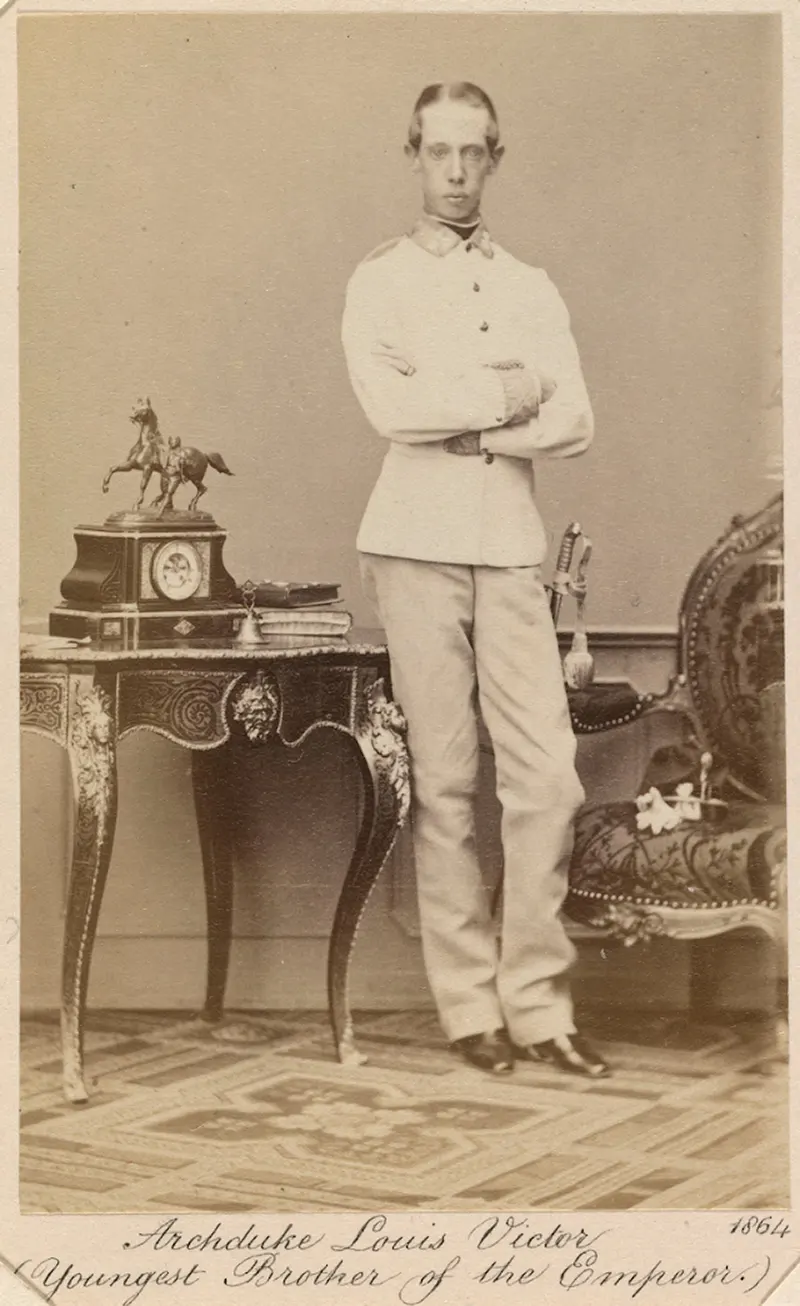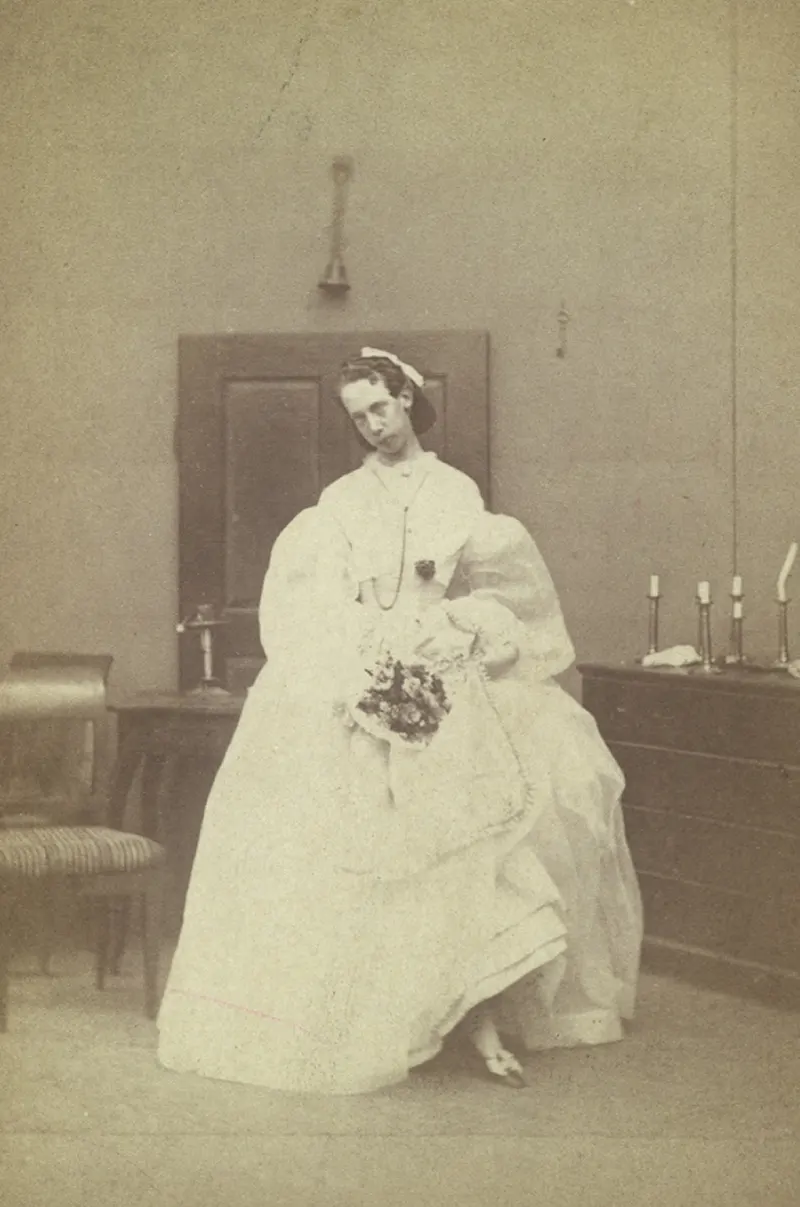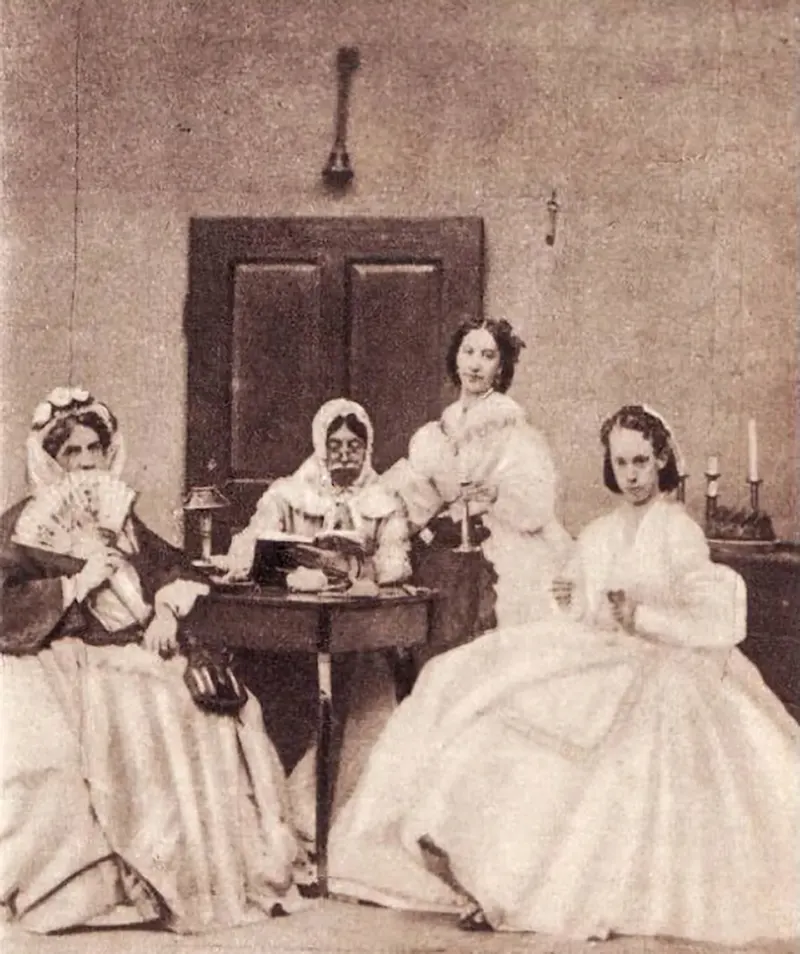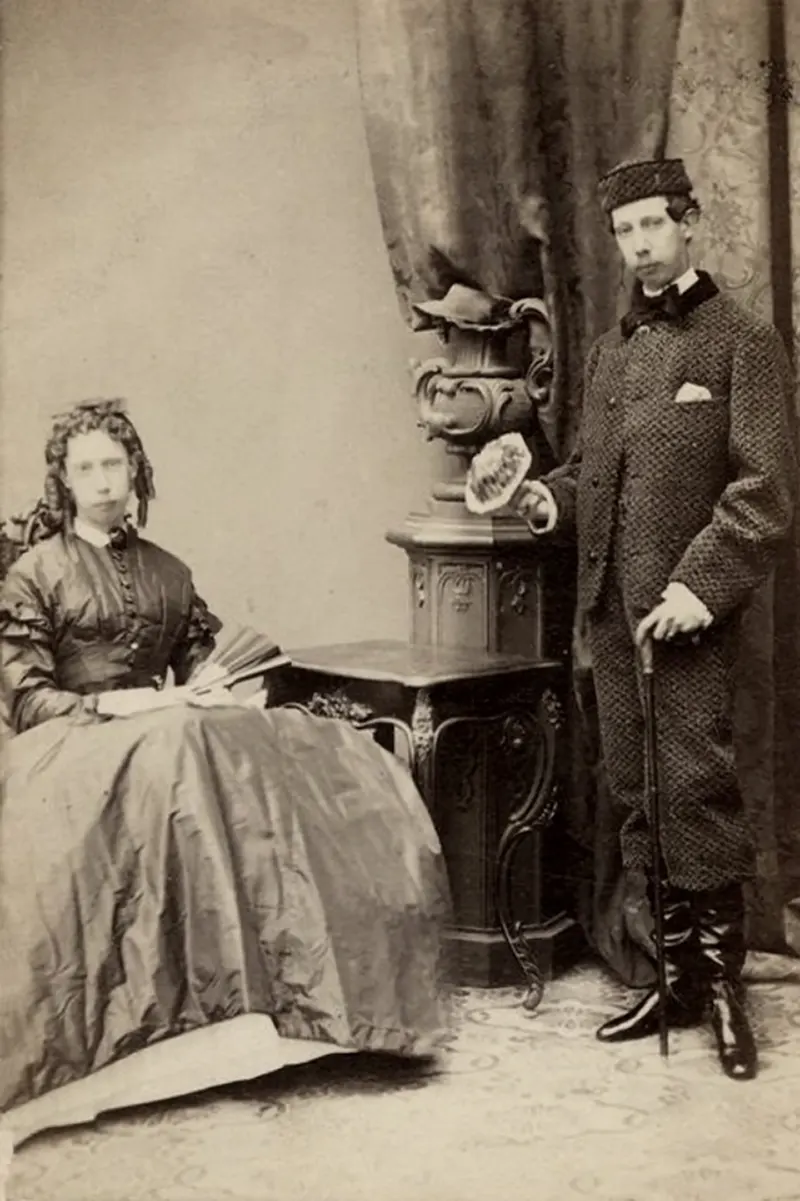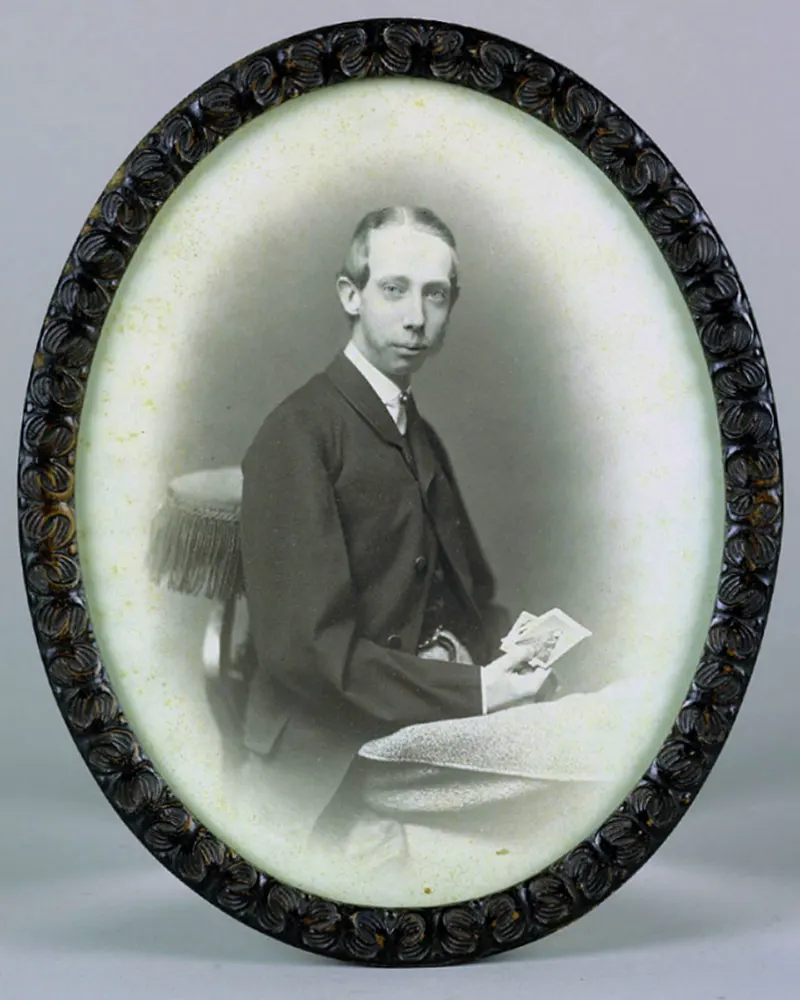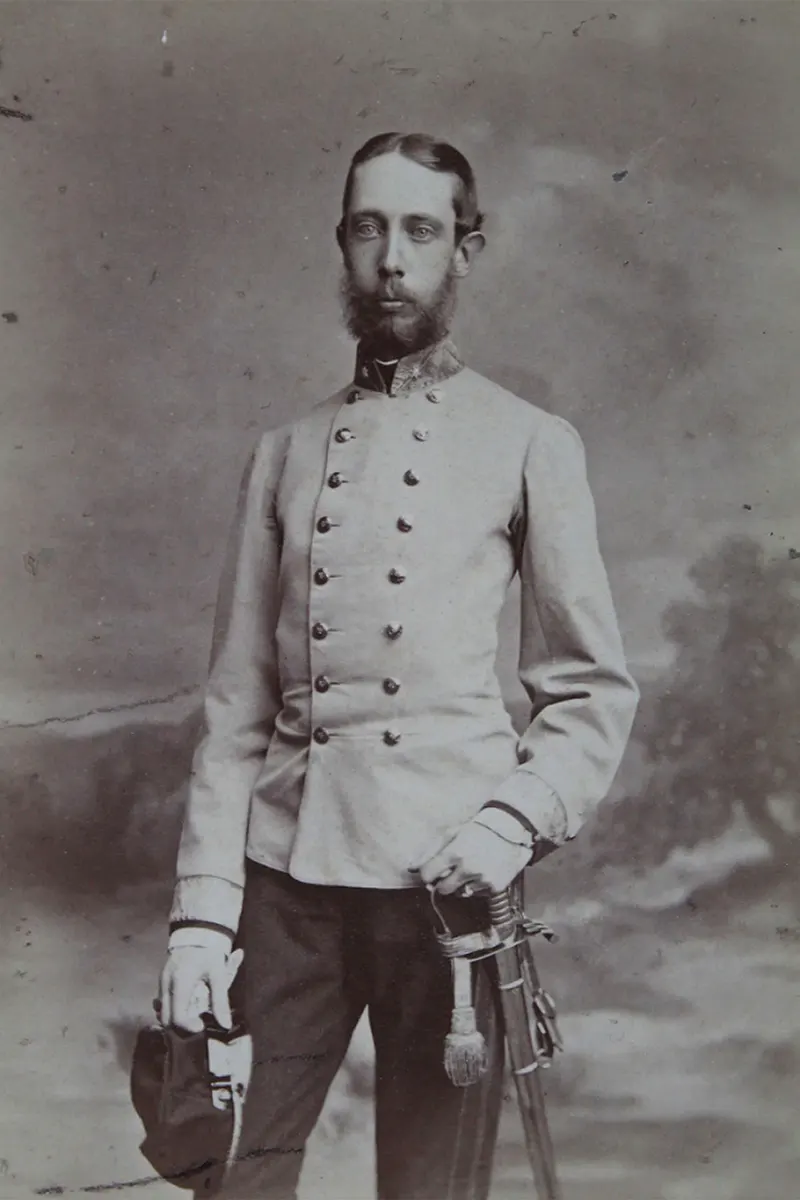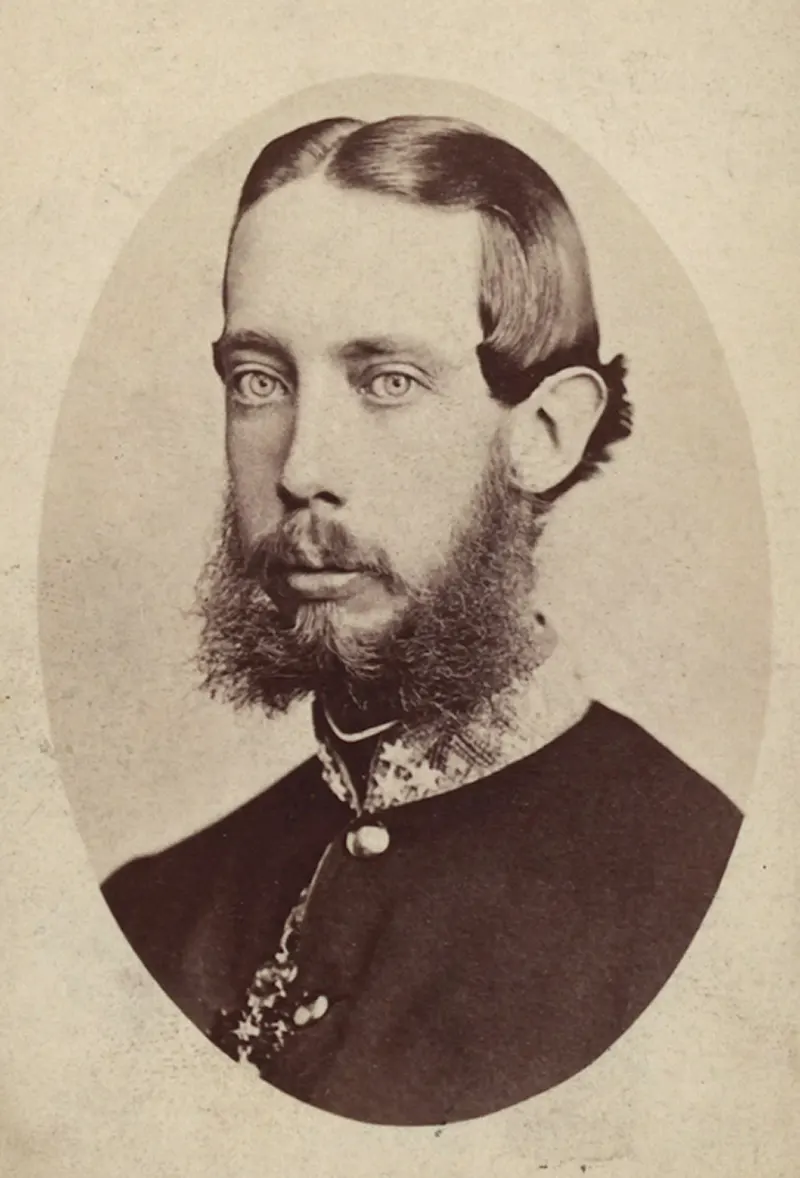Yet, amidst the grandeur and formalities, a lesser-known figure emerged – Archduke Ludwig Viktor, Emperor Franz Joseph’s younger brother, who defied the societal norms of his time by embracing his homosexuality openly. Born on May 15, 1842, in the opulent palace of Schönbrunn, Vienna, Ludwig Viktor was the beloved youngest son of Archduke Franz Karl and Archduchess Sophie. Raised within the prestigious House of Habsburg, he received an education befitting a prince. However, instead of being consumed by political affairs, he found solace in the world of arts. Ludwig Viktor’s penchant for collecting fine art and literature flourished, and his personal salon became a haven for creative minds to gather and revel in discussions about music, literature, and culture. Ludwig Viktor’s mother attempted to arrange a marriage for him with Duchess Sophie Charlotte in Bavaria, youngest sister of Empress Elisabeth, but he declined. He likewise rejected plans to marry him to Isabel, daughter and heir presumptive of Emperor Pedro II of Brazil. In 1863, Ludwig Viktor’s brother Maximilian had tried to persuade him to marry her because “such a marriage might found yet another Habsburg dynasty in Latin America…” Maximilian wrote to Franz Joseph that Ludwig Viktor was ‘anything but pleased with the idea,’ and asked Franz Joseph to order Ludwig Viktor to marry her. Franz Joseph refused. Ludwig Viktor was “a homosexual and cross-dresser with a reputation as a libertine….” After a scandalous incident at the Central Bathhouse Vienna in which he was publicly slapped, his brother Emperor Franz Joseph finally forbade him to stay in Vienna and joked that he should be given a ballerina as adjutant to keep him out of trouble. Among Ludwig Viktor’s significant romantic connections was his relationship with Count Eduard von Paar, a prominent figure in Austrian nobility. Their love affair was a well-known secret, warmly acknowledged by close circles, yet hindered by the repressive social climate. The archduke’s refusal to conceal his emotions added an air of both audacity and vulnerability to their hidden love story. Beyond his pursuit of personal love and acceptance, Archduke Ludwig Viktor also endeavored to promote intellectual growth and enlightenment within the empire. He supported the establishment of educational institutions and championed the arts, creating spaces for artists and thinkers to flourish. His passion for music saw him composing and hosting private concerts, creating an intimate atmosphere that fostered creativity and camaraderie.
Exile and Legacy
As the years passed, the archduke’s refusal to conform to societal norms led to tensions within the royal court. In 1889, Emperor Franz Joseph allowed Ludwig Viktor to retire to his villa in Schloss Klessheim near Salzburg. In this tranquil sanctuary, away from the scrutiny of Vienna’s high society, he found solace and continued to pursue his passions. Archduke Ludwig Viktor’s legacy goes beyond political power and diplomatic intrigue. His life stands as a testament to the enduring human desire for acceptance, love, and freedom. In a time where self-expression was stifled, he dared to embrace his authentic identity and, in doing so, carved a path for future generations to challenge norms and celebrate their individuality. Remembered for his love of the arts, his courage to embrace his sexuality, and his unwavering pursuit of personal freedom, Archduke Ludwig Viktor remains an enigmatic figure whose impact extends far beyond the grand halls of royalty.
(Photo credit: Wikimedia Commons). Notify me of new posts by email.
Δ Subscribe
